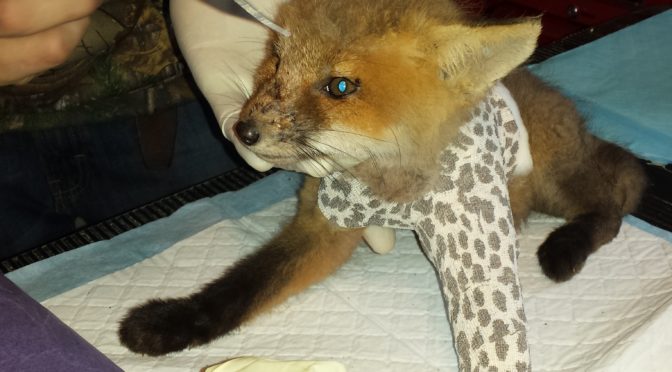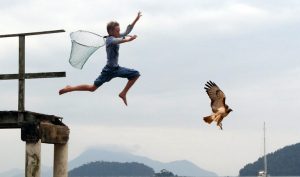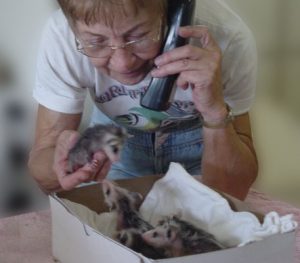Do you love working with animals? Have you ever thought about rehabilitating wildlife?
Wildlife rehabilitators are badly needed throughout the country, but the activity is highly regulated by each state and the US Fish and Wildlife Service.
When our founder, Peggy Hentz, researched becoming a rehabilitator thirty years ago, she discovered that the biggest roadblock was a lack of education opportunities. Volunteering for years at a center that was hours away was impossible for her, and there were no college or traditional sources to gain the knowledge needed to give the wildlife the best of care. There had to be a better answer!
Today, Red Creek Wildlife Center is dedicating to delivering the education needed to get started on your journey to becoming a wildlife rehabilitator.
We developed Wildlife EDU’s online learning environment to give the student the best of in-person training, along with the convenience of training at home. You can absorb the content at your own pace. There’s no worry about keeping up with faster class members or being held back by those who take more time to learn the material.
You can enroll in classes one at a time through the menu on the left, or Sign up for FULL_ACCESS to all of our classes now, and all future classes.
Half-Price Sale on FULL-ACCESS
How long is this membership good? As long as Peggy is producing classes – AND SHE HAS NO PLANS OF RETIRING!
Peggy Hentz, Red Creek’s Founder, has been rehabilitating wildlife since receiving her first permits in 1991. In 2013, she turned over the daily animal care at Red Creek to a younger generation of wildlife rehabilitators and embraced educating future rehabilitators.
Beginning in Pennsylvania, Peggy conducted weekend classes at Red Creek and developed the “Basics in Wildlife Rehabilitation Series.” She also developed Pennsylvania’s certification program for Wildlife Capture and Transport and for rehabilitators who seek approval to treat Threatened and Endangered Species.
It was an immense passion that drove Peggy to rehabilitate wildlife and create Red Creek Wildlife Center. Today, that same passion is focused on creating new educational opportunities for you, and anyone who wishes to save wildlife, do it well, and lawfully.
Have you purchased individual classes already?
Sign up for FULL-ACCESS and get credit for the courses you’ve already paid for. We refund your past enrollment fees (up to the full-access enrollment cost) to your PayPal account once you are enrolled, and we’ve confirmed your past enrollment!
SIGN UP TODAY!
$500.00
50% OFF – $250.00
(I guarantee 100% privacy. Your information will NEVER be shared)

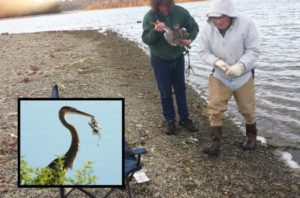

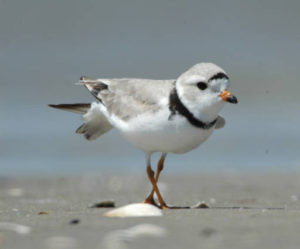

 When a person calls a wildlife center with an injured, orphaned, or sick wild animal, the ensuing conversation may be THE MOST IMPORTANT conversation in that animal’s life.
When a person calls a wildlife center with an injured, orphaned, or sick wild animal, the ensuing conversation may be THE MOST IMPORTANT conversation in that animal’s life.